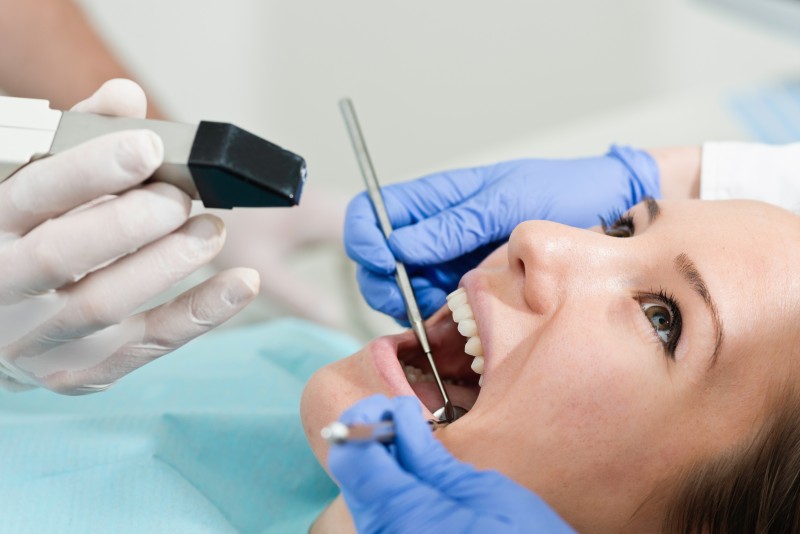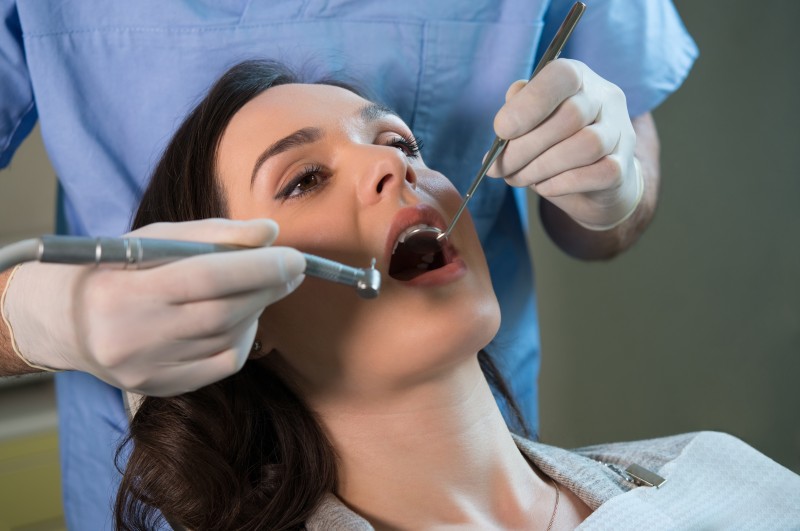Bad breath is a common problem for most people, and although for most it is something temporary, there are people who suffer from it chronically, something otherwise known as halitosis. This odor impacts an individual’s social and work life on several levels, isolation being the most prevalent. That is why every general dentist in Bloomfield NJ tries to explain how you can avoid this disease. An increasing amount of people go to the dentist every day despite having good oral health, complaining of fetid breath. Contact Philip E Toaldo DDS PA today.
Halitosis is caused by a multitude of factors
There is actually a group of people that suffer from a condition called “halitophobia.” This is a psychological condition that leads people to believe they suffer from bad breath without this being true. That is a mental condition that must be treated by a psychologist, not a dentist. Halitosis has existed for centuries and there have been references from ancient cultures seeking natural solutions ranging from aromatic cloves and peppermint bark to several others.
Recent studies show that almost half of the U.S. population suffers from halitosis. It is also known that the proportion of men and women who suffer from this condition is almost identical, but levels are slightly higher in men. Bad breath occurs due to an increase in the concentration of sulfurous substances in the air that is expelled from the nose and mouth. The causes are many, including dry mouth, high stress, drug use (antibiotics, sedatives, etc.). Antibiotics decrease the amount of saliva in the mouth, playing an essential role in cleaning.
Bad breath can also occur in people who suffer from kidney infections, lung disease, or diabetes. There are two known types of halitosis, pathological and temporary. Pathological will occur when anaerobic bacteria (which does not require oxygen) produce highly odorous volatile sulfur compounds. Temporary occurs upon awakening, and when certain things are consumed like coffee or tea, smoking, eating heavy spicy foods, etc. Temporary disappears after brushing your teeth and using mouthwash, but may also require pathological treatment from your general dentist in Bloomfield NJ. Meanwhile, products like chewing gum (sugar free if possible), mints and breath sprays can help control halitosis as well. For more information visit website today.


